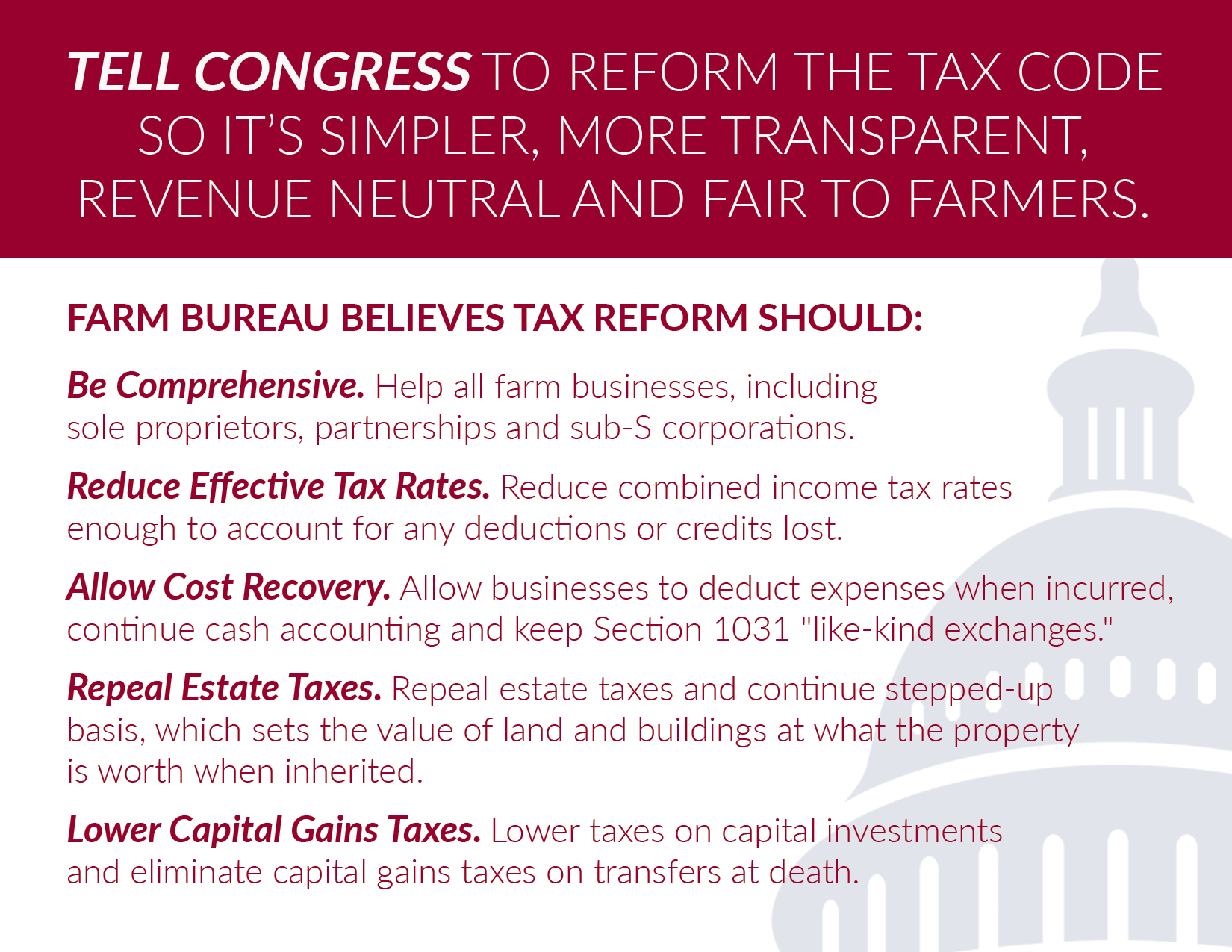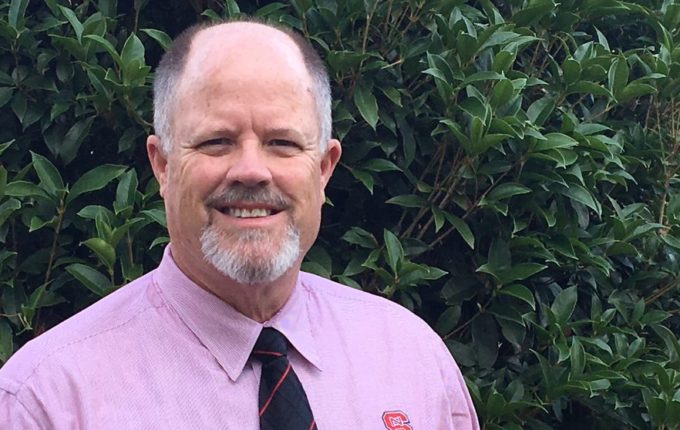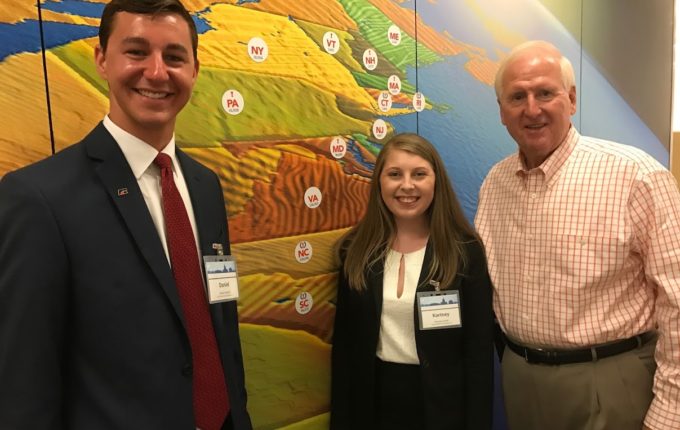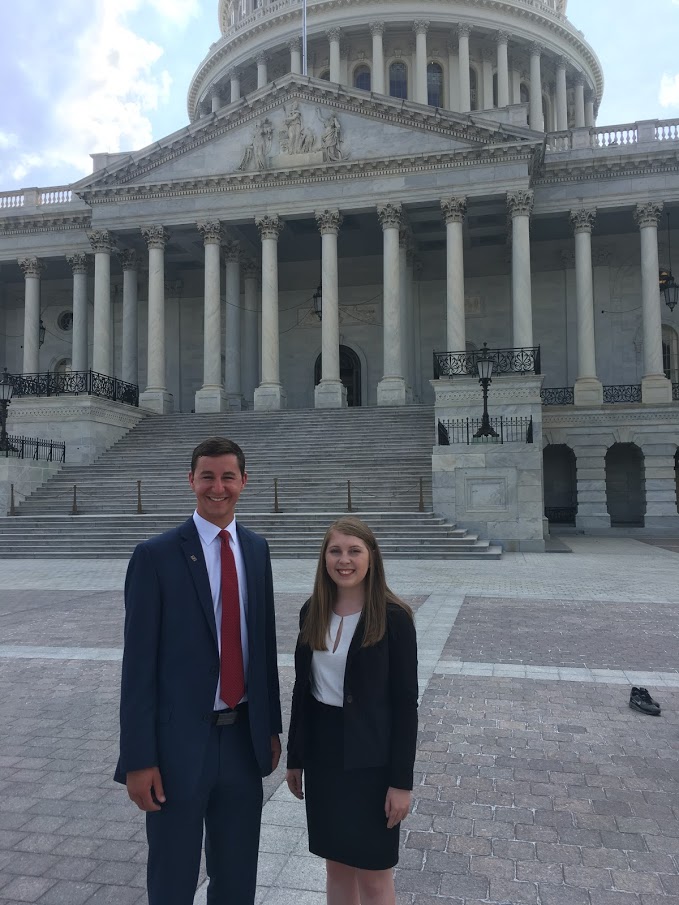With Congress back in their districts for August Recess, we thought it’d be a good time to talk about some federal issues that are a high priority for Farm Bureau. Wrapping up this week: regulatory reform.
All Americans have an interest in a regulatory process that is transparent and fact-based, respects the will of Congress, and observes the separation of powers in the Constitution. Federal regulations have a direct impact on farmers and, over the years, the breadth and extent of that regulatory landscape have increased. Farm Bureau has taken a stand against regulatory overreach and is working to reform the federal regulatory process and preserve farmers’ and ranchers’ land-use and water rights.
Regulatory Overload
Today, farmers and ranchers are faced with a flurry of requirements through the Clean Water Act, the Endangered Species Act, the Federal Insecticide, Fungicide and Rodenticide Act, the Food Safety Modernization Act, immigration and labor regulations, and interpretation of the Federal Land Policy and Management Act—to name just a few.
Often, these requirements are the result of federal regulations; sometimes they emanate from court decisions. But no matter how they are established, the result often can be controversial. Stakeholders disagree on the language in the rule, and affected parties disagree on the science, the data or the models underpinning one or the other.
Farm Bureau strongly believes that all Americans, including farmers and ranchers, need a regulatory system that is fair, transparent, adheres to the will of Congress, takes economic impacts into account and respects our freedoms.







